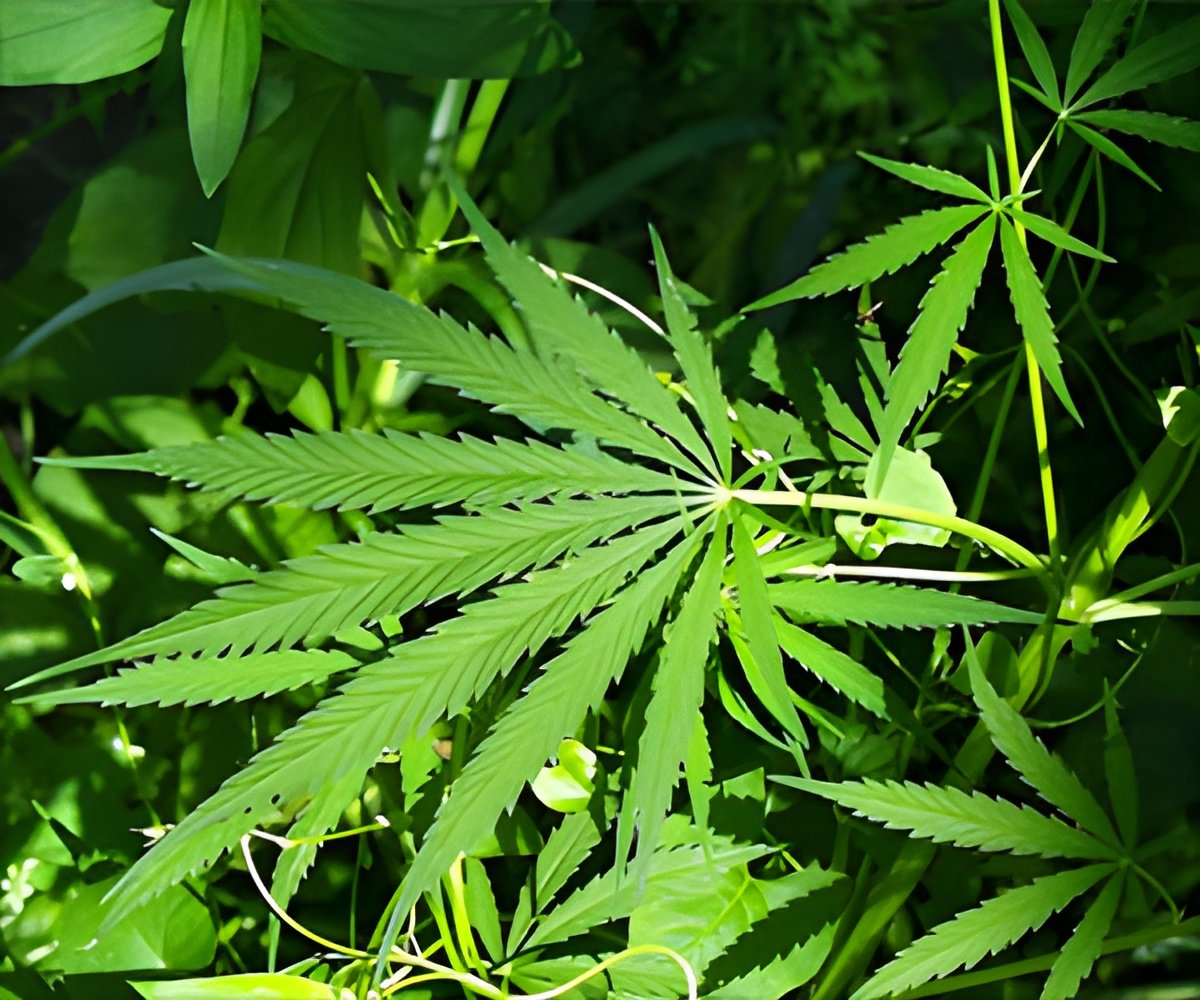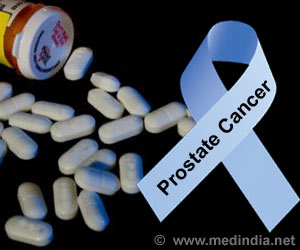Cancer patients were more likely to favor forms of medical marijuana with higher amounts of THC, which relieves cancer symptoms and the side effects of cancer treatment, including chronic pain, weight loss, and nausea.

‘Cancer patients were also more likely to prefer taking oil droplets containing medical marijuana under the tongue than "vaping".’





By contrast, marijuana formulations higher in cannabidiol (CBD), which has been shown to reduce seizures and inflammation in other studies, were more popular among non-cancer patients, including those with epilepsy and multiple sclerosis, say the study authors. "Although there is growing patient interest in medical cannabis, there is a scarcity of solid evidence about the benefits, risks, and patterns of use of marijuana products in various disease settings," says study lead investigator Arum Kim, MD, an assistant professor of medicine and rehabilitation medicine at NYU School of Medicine and director of the supportive oncology program at its Perlmutter Cancer Center. "Such information is important for delivering the best care."
Since 1996, 31 states, including New York in 2014, have legalized medical marijuana.
For the study, researchers analyzed data from 11,590 men and women in New York, of whom 1,990 (17.2 percent of the total patient cohort) were cancer patients who purchased and used cannabis products from Columbia Care LLC., a dispensary licensed in New York State, between January 2016 and December 2017.
The researchers caution that their data did not include the type of cancer the purchasers had, how much of what they bought was used, or whether marijuana was used for symptoms unrelated to the cancer. Nevertheless, the patterns of use among cancer patients were distinctly different from those of non-cancer patients.
Advertisement
Over the two years of the study, the research team found that all types of patients increased their THC dose by approximately 0.20 milligrams per week.
Advertisement
Researchers say they next plan to get more detailed information about how medical marijuana affects patient response to therapy and functional status at different stages of their disease, as well as the risks and side effects of treatment. Furthermore, the profiles of other cannabinoids besides THC and CBD in medical marijuana products warrant further research, according to the study authors.
Source-Eurekalert















